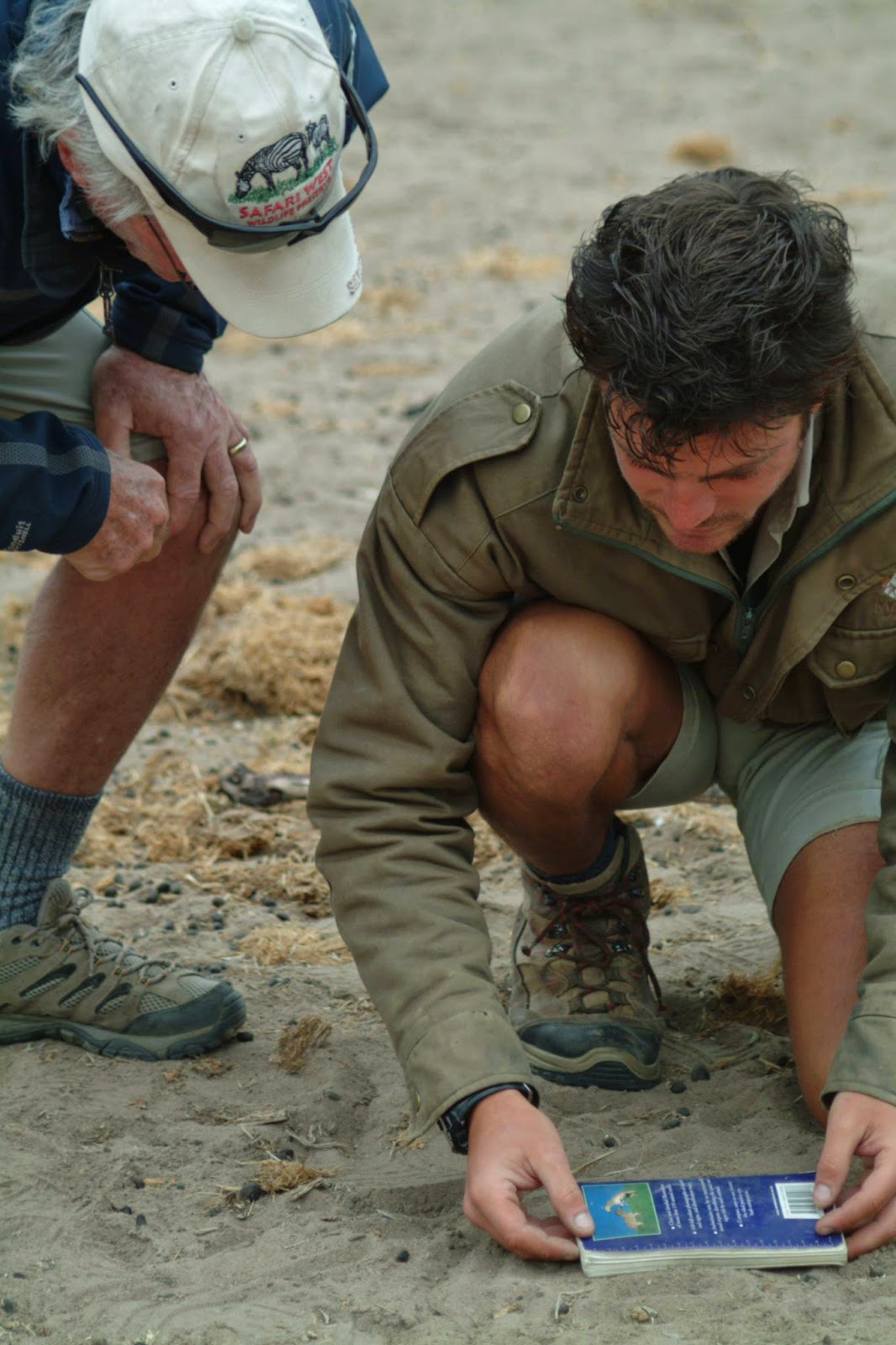I have been involved in Nature Guiding for the past 20 years
and this is a question that I asked myself right in the beginning. It has been
posed to me time and time again since then. The answer is simple: Passion for
what you do.
Courtesy: LFGA
It is the same in any walk of life – and not specific to the
Field Guide Industry. If you are not passionate about what you do, then you
will achieve mediocre results. So how do we become passionate? Well, that is
the great question and the cynic in me says that you cannot “become” passionate
– either you are or you are not. But I suspect its actually more complicated
than that and I believe that people are actually in control of their passion.
Courtesy: Bwindi
Life is about choice and if we allow ourselves to be sucked
into the distractions of modern- day life, we will have no time to be
passionate. Yes – be passionate. It is a choice. If you spend all your time on
Social Media – chatting about your latest meal or reality TV – you will
literally have no time left for anything else.
So if you are serious about being a great Field Guide –
ditch the device, get off WhatsApp, BBM, Facebook and Twitter – and start
living. Get out into the field – IN YOUR OFF TIME – and learn something new.
Learn new birds, tracks, grasses or insects…learn something that will make you
a better guide.
Courtesy: Charles Bezuidenhout
I was fortunate in that during my early days as a guide –
there were no such distractions. Indeed, we barely had cell phones in Africa
(they arrived in 1994) – and baby game rangers certainly had no funds for such
luxuries! I was lucky enough to be able to go into the field free of the ball
and chain that is a cell phone. The only comms I had was a hand radio – if it
worked and only if I was in an area with radio signal…what freedom that was!
I can still spot the passionate guides these days…through
the haze of Social Media. They are the ones who either don’t have it (also a
choice) – or if they do – they are the ones that “disappear” from Facebook for
weeks and months on end…only to reappear again with wonderful updates and pics
of the wild and wonderful places that they have either been guiding in or
exploring in their OFF TIME! Compare that to “guides” who post constant rubbish
on Social Media or sit and troll Field Guiding groups spreading negativity at
every opportunity. There are also those who are regularly on Social Media and
their constant updates show a true passion for what they do – genuine
activities in the field that cannot be fabricated.
So whether you are tracking Gorillas in Uganda,
photographing flowers in Namaqualand or guiding in the Mara – keep doing what
you are doing…your passion shines through. If you are trolling Facebush or
playing games – stop doing what you are doing – you are killing that small
flame of passion that once brought you to the bush.
Courtesy: Andrew Conway
Until we chat again – all the best and KEEP THE PASSION ALIVE !










